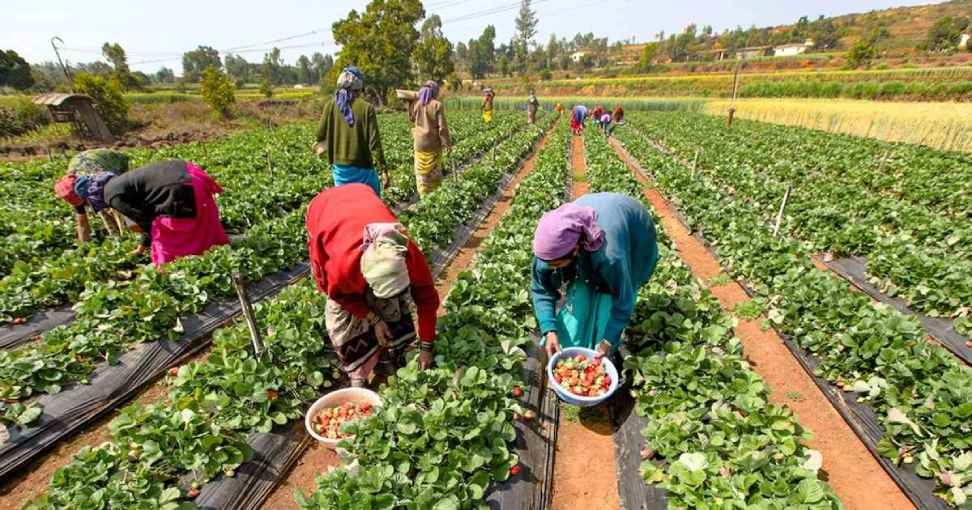100exch, Matchexch9, Laser 247.com: Organic farming plays a crucial role in promoting environmental sustainability and preserving the health of our ecosystems. By eschewing synthetic pesticides and fertilizers, organic farmers contribute to reducing water and soil pollution, protecting biodiversity, and promoting healthier food options for consumers. This method of farming also emphasizes the use of natural processes and resources, encouraging a balanced and sustainable approach to agriculture that benefits both the environment and human health.
Furthermore, organic farming practices prioritize the well-being of farmers and farm workers by minimizing their exposure to harmful chemicals commonly used in conventional agriculture. By steering away from toxic substances, organic farming creates safer working conditions and fosters a healthier working environment. Additionally, organic farming supports local economies by providing opportunities for small-scale farmers to thrive and connect with consumers who value sustainable and environmentally-friendly food production methods.
Benefits of Supporting Local Food Networks
Supporting local food networks benefits both consumers and producers. By purchasing locally grown food, consumers can enjoy fresher produce that is often at its peak ripeness and flavor. Additionally, supporting local farmers helps to reduce the carbon footprint associated with transporting food long distances.
For producers, local food networks provide a direct and often more profitable market for their goods. By selling locally, farmers can develop relationships with their customers, receive feedback on their products, and have more control over pricing and distribution. This direct connection between producers and consumers fosters community engagement and strengthens the local economy.
� By purchasing locally grown food, consumers can enjoy fresher produce
� Supporting local farmers helps to reduce the carbon footprint associated with transporting food long distances
� Local food networks provide a direct and often more profitable market for producers
� Farmers can develop relationships with their customers by selling locally
� Producers have more control over pricing and distribution when selling locally
� Direct connection between producers and consumers fosters community engagement
� Strengthening the local economy is a benefit of supporting local food networks
Challenges Faced by Organic Farmers
99 Exchange, Big Exchange ID, Maxwin9: Organic farmers encounter numerous obstacles in their work, significantly impacting their ability to produce sustainable food. One of the primary challenges organic farmers face is the higher costs associated with organic farming practices. From organic seeds and fertilizers to certification fees, the financial burden of adhering to organic standards can be daunting for many farmers. This can make it difficult for organic farmers to compete with conventional agriculture, which often receives government subsidies and has lower production costs.
Furthermore, organic farmers often struggle with pest and disease management due to the limited options available to them. Without the use of synthetic pesticides and herbicides, organic farmers must rely on alternative methods such as crop rotation, natural predators, and organic sprays. While these methods are more environmentally friendly, they can be less effective at controlling pests and diseases, leading to lower yields and potential crop losses. This constant battle against pests and diseases adds another layer of complexity to organic farming, requiring farmers to be vigilant and proactive in their approach to crop protection.
What are some common challenges faced by organic farmers?
Some common challenges faced by organic farmers include dealing with pests and diseases without the use of synthetic chemicals, maintaining soil fertility without synthetic fertilizers, and competing with conventional farming practices.
How do organic farmers address pest and disease control without synthetic chemicals?
Organic farmers use methods such as crop rotation, companion planting, and the use of beneficial insects to control pests and diseases naturally.
How do organic farmers maintain soil fertility without synthetic fertilizers?
Organic farmers use techniques such as composting, cover cropping, and crop rotation to build and maintain soil fertility in a natural and sustainable way.
How do organic farmers compete with conventional farming practices?
Organic farmers often face challenges such as higher production costs and lower yields compared to conventional farmers. However, they can overcome these challenges by marketing their products as premium quality, environmentally friendly, and supporting local food networks.

